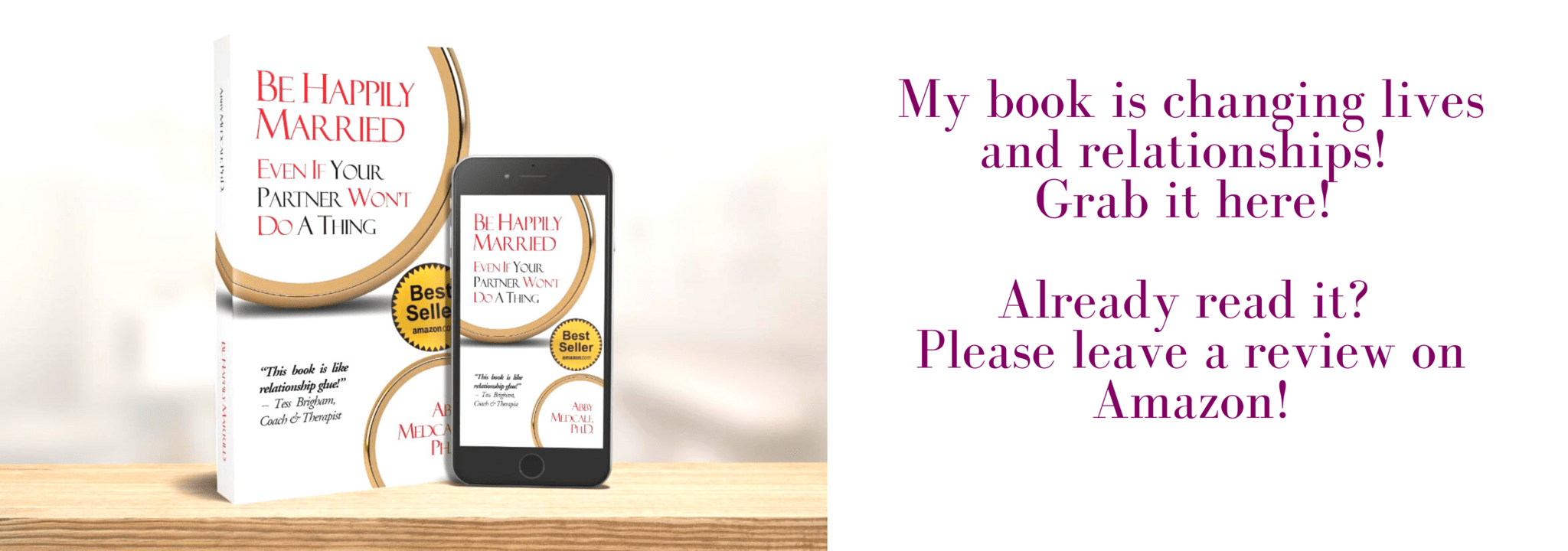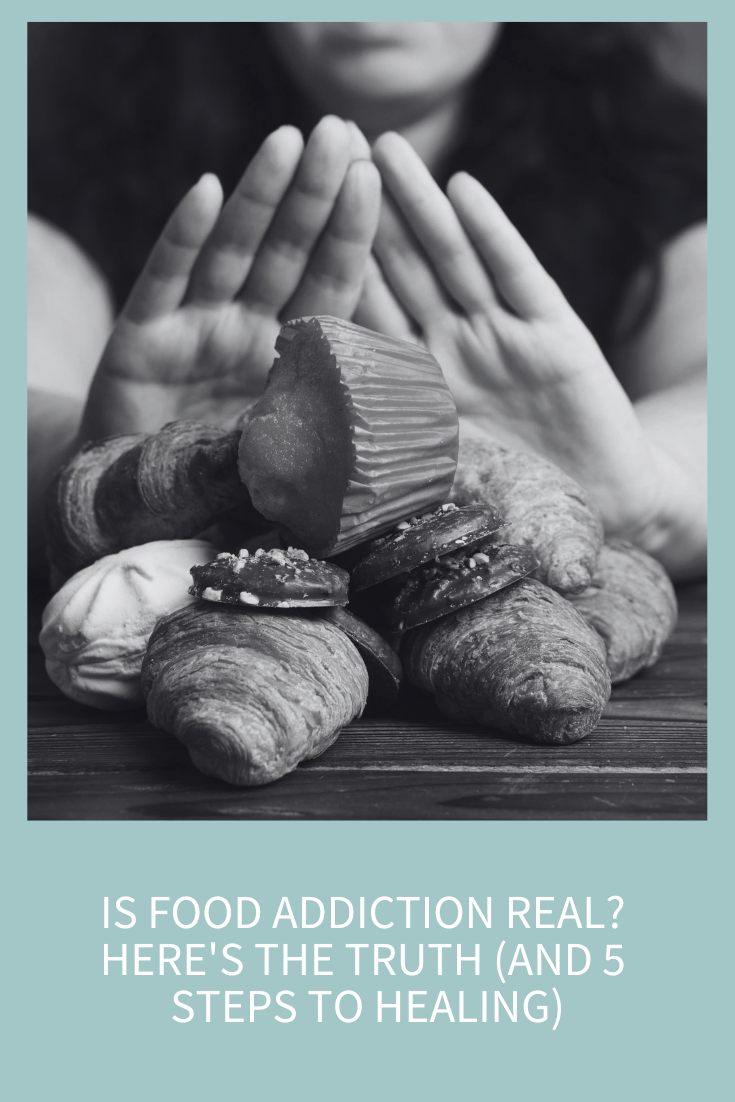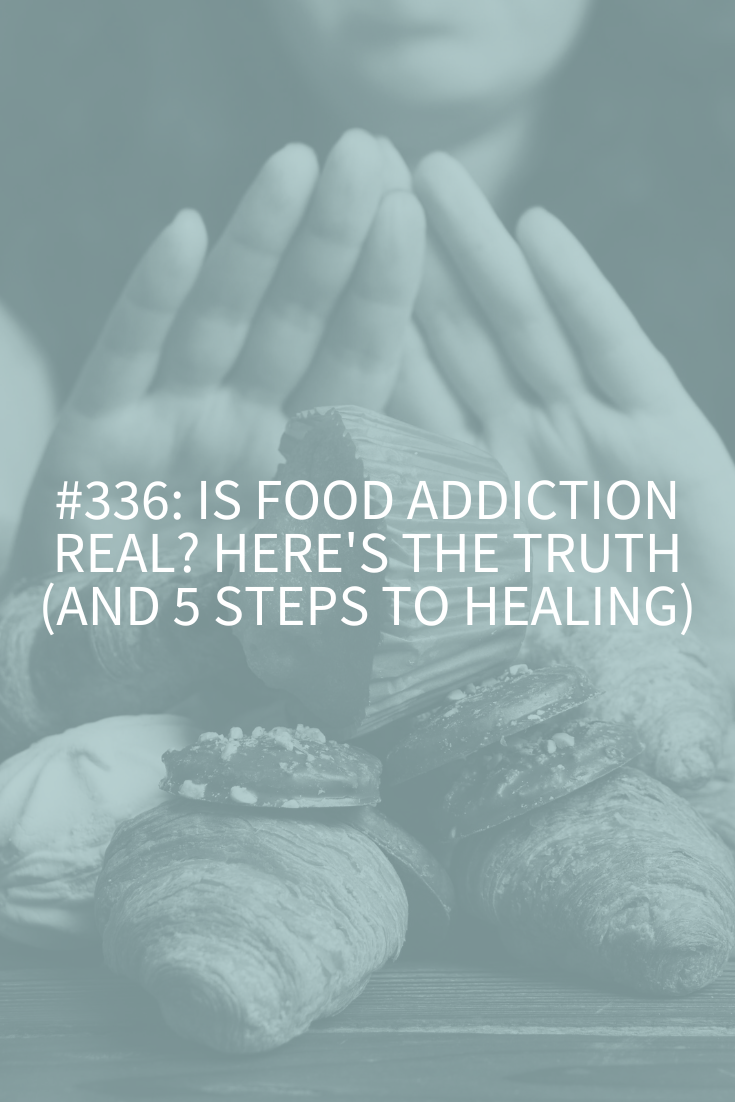
No one can push our buttons like our family! The approaching holiday season means more time with those crazy people we love, which can equal more stress and more anxiety. But I’ve got your back! Today I’m teaching you my easy three-step process on how to stay calm and centered when dealing with family stress and dysfunction during this holiday season. I’m also showing the love with an awesome gift to make all this even easier!
10-minute read
Prefer to listen to the podcast? Click here!
So why the family stress? Why do we so quickly revert back to our six-year-old selves when we’re with our family? How do they get under our skin so quickly? Why can years of hard work and sophistication vanish when our brother has us in a headlock at age 45?
The reason is that when we’re back with our families, no matter how long we’ve been away, we get caught up in old emotional patterns and behaviors. All that therapy goes out the window as we see ourselves in the eyes of our families who, really, don’t know us anymore. They think they do, but they really don’t. We’ve been to college or the military without them right there. We had our first kiss and orgasm without them around. We’ve built friendships and careers in a separate world from them. And many of us got into relationships and had our own kids without them seeing all the daily ins and outs.
But these people still see us as we were because that’s when they knew us best. I have a client who hates fish and was visiting her family recently and they served salmon for dinner. When she didn’t eat it her mother got very upset: “Salmon is your favorite!” What?!? My client tried to explain that she hadn’t liked fish in years, but her mother kept dismissing her. “Oh, you’re being ridiculous. You just haven’t had it the way I make it. You like it this way.” Cue my client pulling her hair out and trying not to lose her shit.
But why do we get so upset? Why the often-outsized emotions for seemingly harmless questions? I mean, my client’s mom just said something about fish. Why was my client absolutely beside herself and furious when telling me this story?
It’s because old feelings of fear and shame rear their ugly head and feel like a HUGE threat to our well-being. We lose our calm and feel off-kilter. Eve Ekman, the Director of Training over at the Greater Good Science Center in Berkeley called this the “Holiday Shmear.”
The Holiday Shmear is that lovely combination of shame and fear that many of us experience around the holidays. We most commonly feel it when we’re interacting with our families, but it can also show up with all our perfectionism and control issues around this time of year (or maybe that’s just me).
Before I get to our three-step process, let’s break down the two components of the Holiday Shmear so you can better understand why the process is set up the way it is.
Let’s Talk Fear and Family Stress
There are a lot of fear-triggering situations that happen around the holidays. To begin, you might be traveling more which means work has been extra stressful as you’ve tried to get everything wrapped up. Or you’ve got a bunch of people coming to the house so you’ve been after your partner to clean his piles of paper off the dining room table but he hasn’t gotten to it yet so you’ve been arguing more. Maybe you’re spending more money than usual, drinking more, and sleeping less: all of this adds up to more fear-based emotions like anxiety, worry, resentment, hopelessness, helplessness and overwhelm.
Now you actually get to your parent’s home, or a bunch of people come to yours (depending on how you’re doing the holidays during COVID you might be even more stressed due to figuring out who doesn’t get invited and staying healthy). You’re there with all that stress coming in the door before you’ve even interacted!
You finally get to the holiday table worrying that your mom is going to ask why you’re not married yet. Or maybe your dad is going to ask about your job. Or maybe Uncle Jack is going to wonder why your son doesn’t want to hug him anymore – is there something wrong with him?
In all this wondering, you’re bracing for impact. Really what’s going on is that we feel that we’re going to need to defend our life choices:
- “We’re not married yet because neither of us feels quite ready. We’ve got things to work out first that are none of your business!”
- “Even though you don’t see a future with my current job, I really love it and I don’t want the stress of a higher-paying job right now.”
- And, “He’s not hugging you because he’s 13 and that’s what 13-year-old boys do!”
All the worrying and trying to figure out what you’re going to say if X or Y happens, is keeping you scared and on-edge, which leads to all the old behavior patterns you swear you don’t exhibit anywhere else!
Shame and Family Stress
Shame is different from fear. Shame is one of those things you likely don’t realize you’re feeling because it’s not what you think it is. You might be thinking, “I don’t feel shame – I’ve done nothing wrong to be ashamed of!”
But you don’t have to do anything wrong to feel shame. Shame is all about being self-conscious. We feel shame any time we perceive we’re being judged. It’s not that I’m parenting badly it’s that I’m a bad person/parent (I really don’t know what I’m doing and now I’m being called out)!
As Ekman says,
“In shame we imagine an “other” outside person who is judging us as bad or wrong—not that we do bad or wrong but that we are fundamentally bad. This is enormously threatening to our sense of self and even hits a core survival fear: If we are truly wrong, we won’t be loved or accepted.”
Brené Brown talks about how shame shuts us down and makes us harder on ourselves than anyone else would ever be.
So what do I do about fear and shame with my family?
The key is that you do different things to heal fear and shame.
With fear, it’s about looking at the situation differently. We know from the research that telling yourself to “just stop” acting or thinking this way, or otherwise trying to quash these feelings, doesn’t work. In fact, it can make these thought patterns worse! Instead, you want to get in your moments with a kind, clear assessment of what’s really going on.
This is when you “flip the script.” If you identify something or someone with a negative trait (your mother criticizing your haircut at Thanksgiving dinner), switch it in your mind to a positive trait (your mother who cares about you so much that she even thinks of your hair).
Maybe you’re late getting to Christmas dinner at your parents’ house and you’re feeling stressed out. Instead, remind yourself how grateful you are to be celebrating with people who love you and being late isn’t the end of the world.
Dad critical about your job? Say something to yourself like, “My dad loves me, and he’s just worried about me. He doesn’t mean to be shaming about my job choices, he just doesn’t have better tools to express his feelings. Heck, he probably doesn’t even realize how he’s feeling!”
No matter what the negative or yucky thing is, push yourself to find something positive in the person or situation, no matter how small.
With shame, we need to go all in with kindness, gentleness and compassion with yourself and those around you. I call this the Love Bomb and it has magical powers.
So, speak kindly to yourself. If you spoke to anyone else the way you speak to yourself, you’d likely get punched in the mouth…. A lot! Stop with the mean, judgmental and rude internal dialogue! To do this, you’re going to need to be more self-aware when your thoughts are doing their own thing. So, right now, start a daily mindfulness practice of some kind. That could be setting intention, praying or meditating for even a couple of minutes every day or making a conscious decision to notice your thoughts and reign them in every time you sit down to eat. Do whatever small practice it takes to start getting in charge of your brain.
Tackling the Holiday Shmear of shame and fear is all made easier with my three-step process so let’s get to it!
How to Stay Calm and Centered When Dealing with Family Stress and Dysfunction During the Holidays: A Three-Step Process
Step 1: Be Prepared Before You Go
There are 3 specific things you need to do before you walk into that holiday gathering:
1. Calming Anchor. One of my favorite tools in the world is a Neuro Linguistic Programming (NLP) technique called anchoring. I’ve adapted this to something I call the Calming Anchor. Practice it for five minutes a day for one week before the holidays and you’ll have an easy-to-use tool to calm yourself in seconds.
Step 2: Ask More Than You State
One of the big obstacles to staying calm and centered is other people — mainly, the crap they say to us that drives us crazy. When you react with any statement, you end up in an argument, stand-off, or with tension.
The key is to ask questions. Whenever you’re ready to come back with something, ask a question instead.=
Mom helpfully says, “Do you really think you need a second helping?” Instead of a nasty retort or silently stewing, you can take a breath and ask her something: “Can I ask why you said that to me?” or “How do you think it makes me feel when you say something like that to me?”
Husband snapping at you for no apparent reason? Instead of the usual, “I don’t appreciate you taking out your bad mood on me!” Take a breath and ask a question: “Is there anything I could do for you right now to help make your day easier?” “Can I give you a hug?” “Is there anything bothering you that you’d like to talk about?”
Ask questions everywhere. When your kid asks if they can have a snack 30 minutes before the big Thanksgiving dinner, ask a question. “What do you think I’m going to say to that?” or “Hmmm, what do you think?”
When you ask a question, it uses a different part of your brain, which puts in a pause button and helps you stay grounded. When you ask a question, you’re literally acting, not reacting.
Step 3: Be Prepared for the Family Stress When You’re There
- Check in with yourself often. You’ve got to be mindful to remember all these great tools. So set a reminder on your phone for every 30 minutes while you’re at a gathering and check in with yourself when you hear that tone.
- Take a time out. Really, I should call this a “time in.” Take some breaks to get yourself away if things are feeling stressful. You can walk outside or go to the bathroom and splash some cold water on your face. Anything to change the scenery for just a moment and catch your breath.
- Don’t drink or eat too much. In any kind of potentially stressful situation, it’s important to keep your wits about you. Alcohol focuses emotions and makes them stronger, so drinking when you’re anxious will initially “take the edge off” but will soon create more stress (and you might say things with your lower inhibitions that exacerbate the situation). Eating too much does the same. Try not to check out and to be as present as possible.
Don’t forget to check out my Loving Kindness Guided Meditation:
Or try my Calibration Exercise: Create a Positive Vibration to Start Your Day:
How to Deal with Your Control Issues
Shame: The Silent Killer in Relationships
How to Make Mindfulness a Habit
How to Set Intention in 18-Seconds (The 18-Second Shift)
The Secret to Positive Thinking in All Your Relationships
How 5 Minutes of Mindfulness a Day Can Make Your Relationship Great
Loving Kindness Guided Meditation
Calibration Exercise: Create a Positive Vibration to Start Your Day
3 Steps to Thrive Through the Holidays Even if You See Your Family







